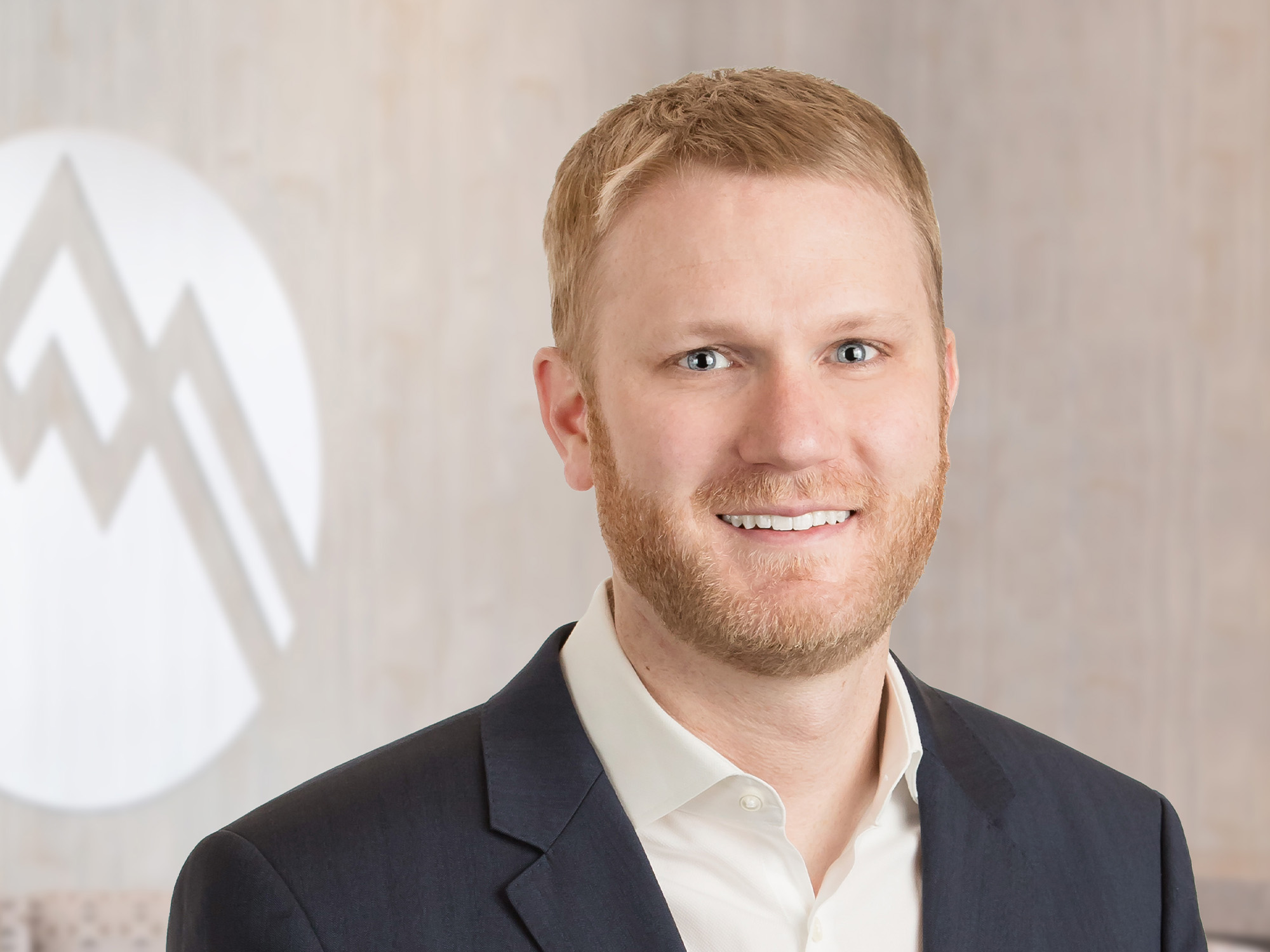Surgical advances in hip surgery have been extraordinary, but regaining joint function is a team effort involving your surgeon and highly trained therapists. Dr. Skendzel explains how to maximize your surgery outcome.
Advancements in hip injury diagnosis and surgery have been phenomenal over the last decade. Imaging reveals injuries that could not be detected ten years ago, and minimally invasive surgical advances have transformed hip impingement corrections from an extensive major surgery to a correction that can often be performed as an outpatient procedure. Although technology has improved, it has not simplified the patient’s post-surgical path to a full recovery.
“Because today’s surgical options are minimally invasive, patients sometimes have misconceptions about recovery,” explains Dr. Skendzel. “Surgery may be outpatient, but that doesn’t mean recovery will happen in a couple days. Some of our patients have optimistic expectations for therapy; it’s our job to explain our rehabilitation protocols in a positive, straightforward way, and support our patients to a great outcome.”
Dr. Skendzel and his team have developed a focused four-phase therapy program for hip rehabilitation to ensure that patients get the therapeutic resources they need. After a hip impingement surgery, patients wear a brace for two weeks, and use crutches for four weeks. During that first month, the patient is also using a motion machine at home to bend the leg and prevent adhesions. During the second month of recovery, patients are weaned off crutches, and their activities remain restricted.
“For the first two months, we want patients to regain coordination from brain to muscle by working on really fine muscle movement and muscle retraining,” Dr. Skendzel explains. “Our protocols retrain the mind to control the muscles properly, so that patients can reclaim patterns and posture and strength before they resume sports.”
Between the second and third month, Dr. Skendzel’s team guides patients back into light activities. Runners are allowed to do some slow jogging. Golfers can start putting or doing light chipping. Hockey players do some basic skating. Patients are cautioned to avoid twisting or turning in their activities.
“It takes a lot of effort and patience to reclaim hip function,” says Dr. Skendzel. “At Summit, we have qualified sports medicine therapists who are also great motivators and coaches. The therapists on my team have the training and the right personality, and they also respect our protocols. This is important because, at six weeks, patients are feeling pretty good even though they haven’t fully healed and are still vulnerable to injury. Sometimes, patients could be working harder in therapy. A good therapist knows how to motivate them. Other times, patients want to do too much too soon, risking re-injury. Having therapists as an extension of my team to look out for patients and guide them is a real advantage.”
“In an ideal world,” grins Dr. Skendzel, “I’d like my patients to work with a trained therapist every day for the first two weeks. Even if that’s not possible, our therapists can teach friends and family members to continue therapy with the patient at home between sessions. Working on a stationery bike is also excellent, and we have a protocol for aquatic therapy to support our patients who want to get into the pool.”
With tested protocols in place and a team of sub-specialty trained physicians and therapists monitoring patient progress, patients may not recover from hip surgery in no time—but chances are excellent that they will avoid re-injury and recuperate in a way that maximizes outcome and gets them safely back to the active life they enjoy.
Summit Orthopedics offers comprehensive sports medicine expertise
From Olympians to pro athletes to kids in youth sports and those that just want to be more active—Summit Orthopedics delivers expert care by fellowship-trained sports medicine physicians. If you are recently injured or concerned about ongoing pain, Summit Orthopedics sports medicine specialists have the expertise to evaluate your discomfort and develop a plan to quickly and safely help you get back to being active.
Start your journey to stronger, healthier athletic condition. Find your sports medicine expert, request an appointment online, or call us at (651) 968–5201 to schedule a sports medicine consultation.
Summit has convenient locations across the Minneapolis-St. Paul metro area, serving Minnesota and western Wisconsin. We have state-of-the-art centers for comprehensive orthopedic care in Eagan, MN, Plymouth, MN, Vadnais Heights, MN, and Woodbury, MN, as well as additional community clinics throughout the metro and southern Minnesota.
More resources for you
- Comparing Two Surgical Approaches For Total Hip Replacement
- Ask Dr. Wickum: What Questions Should I Ask My Hip Surgeon?


